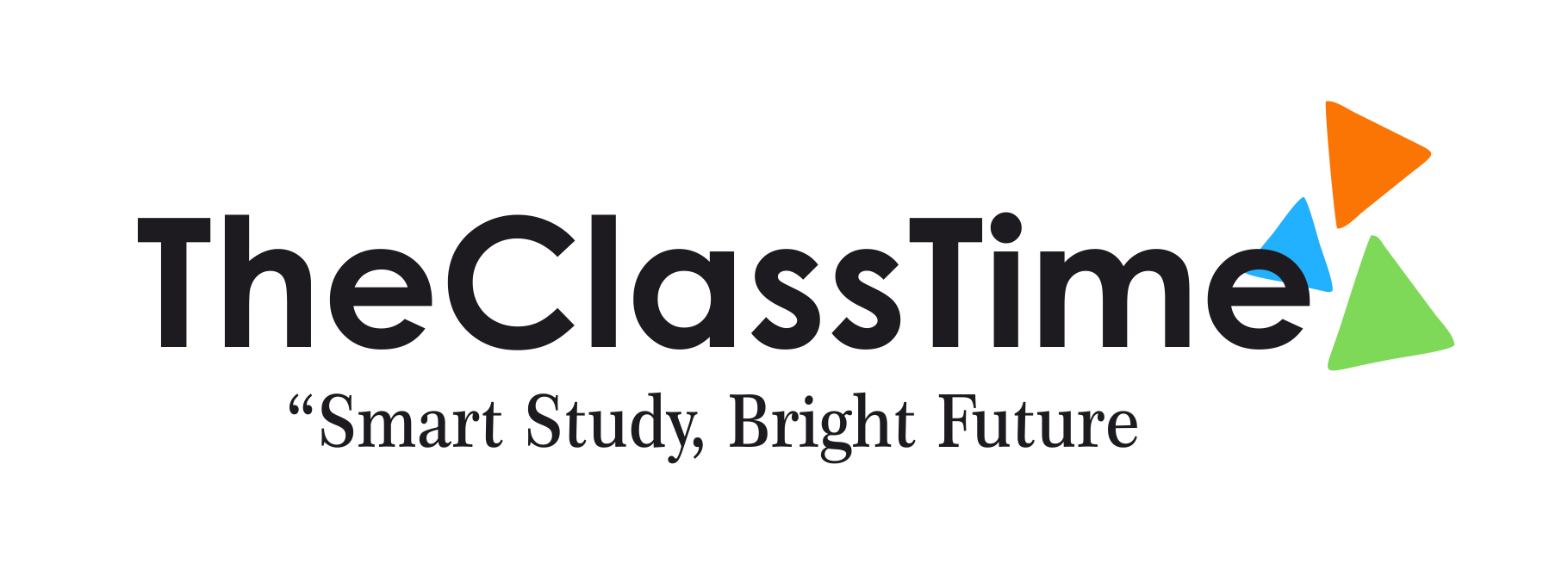


The E-Commerce – Standard Course is designed to deepen learners’ understanding of e-commerce operations, digital marketing strategies, and online business management. It covers the technical, operational, and strategic aspects of launching and growing a successful online business. Ideal for students, working professionals, and entrepreneurs with a foundational understanding of e-commerce.
8–12 Weeks (Flexible based on delivery mode)
Learn how to plan, build, and scale an e-commerce business
Explore in-depth digital marketing strategies and tools
Understand logistics, operations, and customer management in real-world scenarios
Gain working knowledge of analytics, automation, and optimization tools
Prepare for launching or improving a functioning e-commerce store
In-depth understanding of the e-commerce landscape
Market segmentation and audience targeting
Global vs local e-commerce trends
Legal and regulatory framework for e-commerce (India and global context)
Niche selection and market research
Business models and monetization strategies
Product sourcing: manufacturing, wholesaling, dropshipping
Creating a business plan and sales forecast
Comparative analysis: Shopify, WooCommerce, Magento, Wix, and marketplaces (Amazon, Flipkart)
Domain, hosting, and backend setup
Store customization and branding
Inventory and catalog management
Integrating and managing payment gateways
Managing transactions, refunds, and chargebacks
Inventory control and warehousing options
Working with logistics partners (e.g., Shiprocket, Delhivery, Amazon FBA)
Returns and customer experience policies
Content marketing and product storytelling
Social media strategy and influencer collaborations
Facebook & Google Ads campaign setup and optimization
Email marketing automation and CRM tools
SEO (Search Engine Optimization) for product pages and blogs
Google Analytics and Facebook Pixel basics
Key performance indicators (KPIs) and dashboard reports
A/B testing and CRO (Conversion Rate Optimization)
Funnel building and customer journey mapping
Importance of mobile optimization
Mobile apps vs mobile-friendly websites
Progressive Web Apps (PWAs)
Push notifications and SMS marketing
Outsourcing and automation tools (Zapier, chatbots, etc.)
Expanding to marketplaces and international shipping
Handling scale-related challenges (team, support, tech)
Case studies of successful Indian and global e-commerce brands
Develop a complete e-commerce business plan
Build and present a mock or real e-commerce store
Run a basic online marketing campaign with results analysis
Assignments and quizzes after each module
Mid-term evaluation (store setup or business pitch)
Final project presentation and report
Certificate of Completion (Optionally industry-validated or skill-based assessment available)